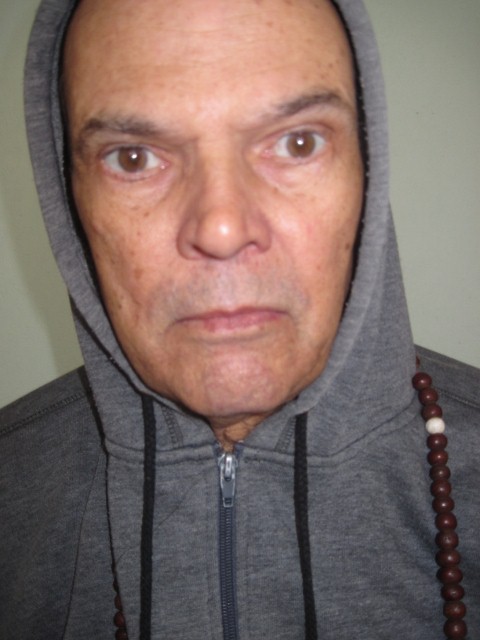‘Shapely Experience’ and the Limits of ‘Late Colonial Transcendentalism’: The Portrait of the Artist as Soldier in Roger McDonald’s 1915
Keywords:
Roger McDonald, 1915, War, Art, Music, Society, Gender, PostcolonialismAbstract
This essay argues that Roger McDonald’s debut novel 1915 represents a form of literary modernism which rejects the easy aesthetic comforts of ‘late colonial transcendentalism’ (17). McDonald presents an intricate -- we might even say ritualised -- pattern of subversive counterpoint to ‘reveal and dramatise the failure of the subject to escape its own limits, and hence its own history’ (McCann 155). The result is a highly self-conscious literary novel that seeks to reconcile the art of high modernism with a postcolonial practice interested in the consequences of public memory.Downloads
Issue
Section
Articles
License
The copyright for articles in this journal is retained by the author(s), with first publication rights granted to the journal. By virtue of their appearance in this open access journal, articles are free to use with proper attribution in educational and other non-commercial sectors.Attribution-NonCommercial-ShareAlike 2.1 Australia
This work is licensed under the Creative Commons Attribution-NonCommercial-ShareAlike 2.1 Australia License. To view a copy of this license, visit http://creativecommons.org/licenses/by-nc-sa/2.1/au/ or send a letter to Creative Commons, 543 Howard Street, 5th Floor, San Francisco, California, 94105, USA.
How to Cite
‘Shapely Experience’ and the Limits of ‘Late Colonial Transcendentalism’: The Portrait of the Artist as Soldier in Roger McDonald’s 1915. (2012). Journal of the Association for the Study of Australian Literature, 11(2). https://openjournals.library.sydney.edu.au/JASAL/article/view/10205

